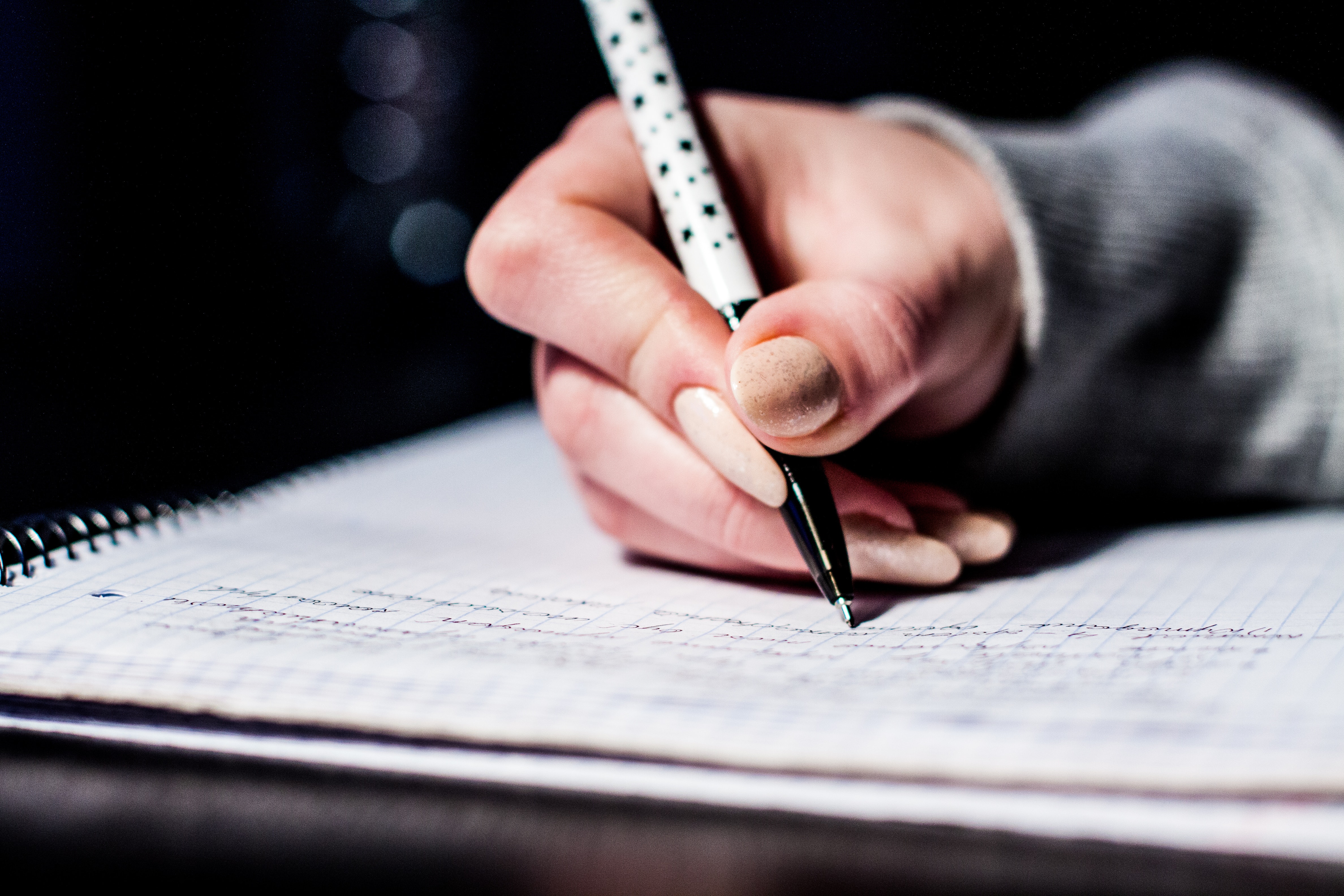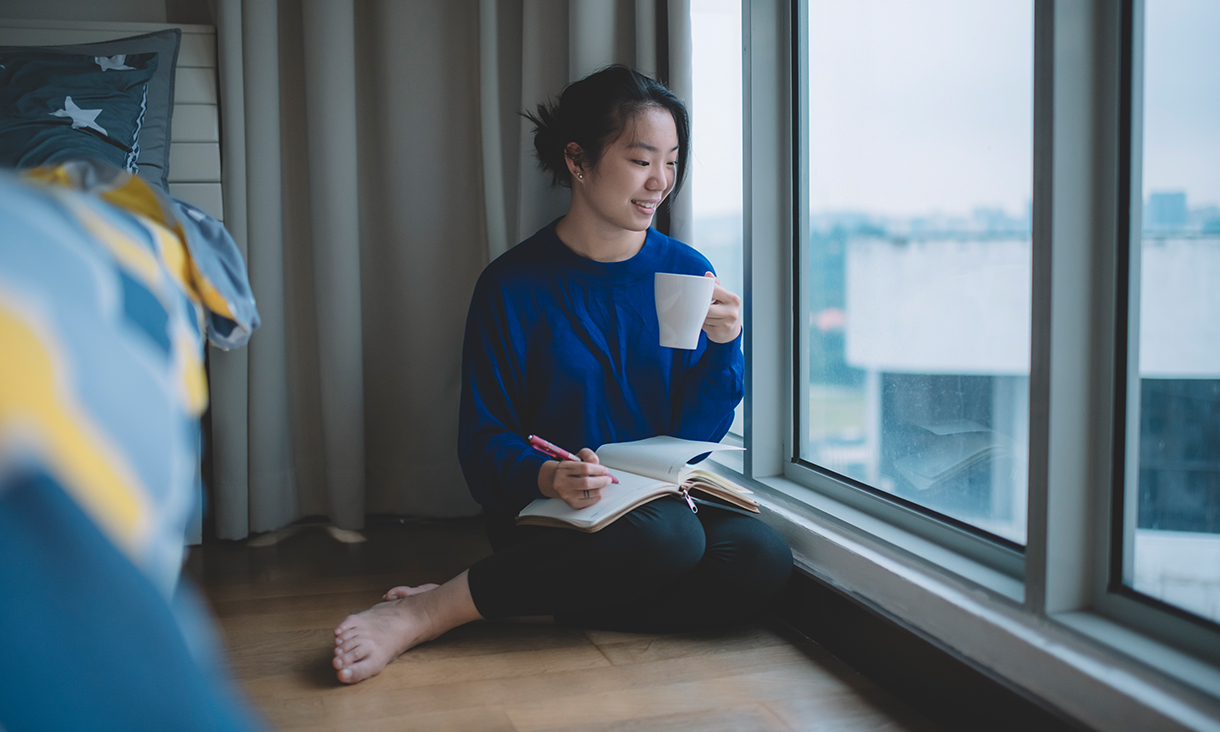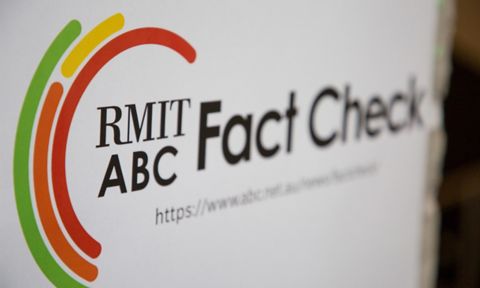Helping history by helping ourselves
Diaries are also a way to share our thoughts, allowing others to learn from our experiences or put theirs into perspective.
Maybe for this reason, public diary readings are emerging as an international phenomenon.
Shows such as Mortified and The Bad Diaries Salon involve writers and celebrities unearthing their childhood diaries and reading them to a crowd of complete strangers.
It’s entertainment but also a window into the formative years, which can shape the people we become.
Murray is a member of a research collective known as The Symphony of Awkward with fellow members Dr Kim Munro and Dr Stayci Taylor from the non/fiction Lab at RMIT.
The group is studying live diary readings and the notion of the ‘found-footage’ nature of diaries.
“A diary gives us a means to let us speak to one another, not just ourselves,” says Murray.
“Think of it like discovering an old memory, forgotten clues from your past self that could help you through current challenges.
“Live diary readings are a chance for others to discover that younger version of you too.”
Probably one of the most famous examples of a diary as ‘found-footage’ is that of Anne Frank.
Her holocaust diary offers a first-hand account of a young girl living during the Nazi occupation of the Netherlands.
While historians can study historic events by reviewing news reports, only diaries – and vlogs in the modern day – can let future generations truly experience history though the eye of the beholder.
“Curating an experience for yourself allows for an honest, subjective and complex account of history,” says Murray.
The Symphony of Awkward will showcase innovations in diary-keeping practices as part of How The Future Looks Now – the non/Fiction Lab’s series of public online forums.
Thursday 24 September, 12.30–1.30pm AEST. More information.
Story: Aeden Ratcliffe


.jpg)

